Bicester's #1 Body Transformation Centre
Discover Your Best Self with Personalised Nutrition, Fitness, Support In A Private Gym In Bicester
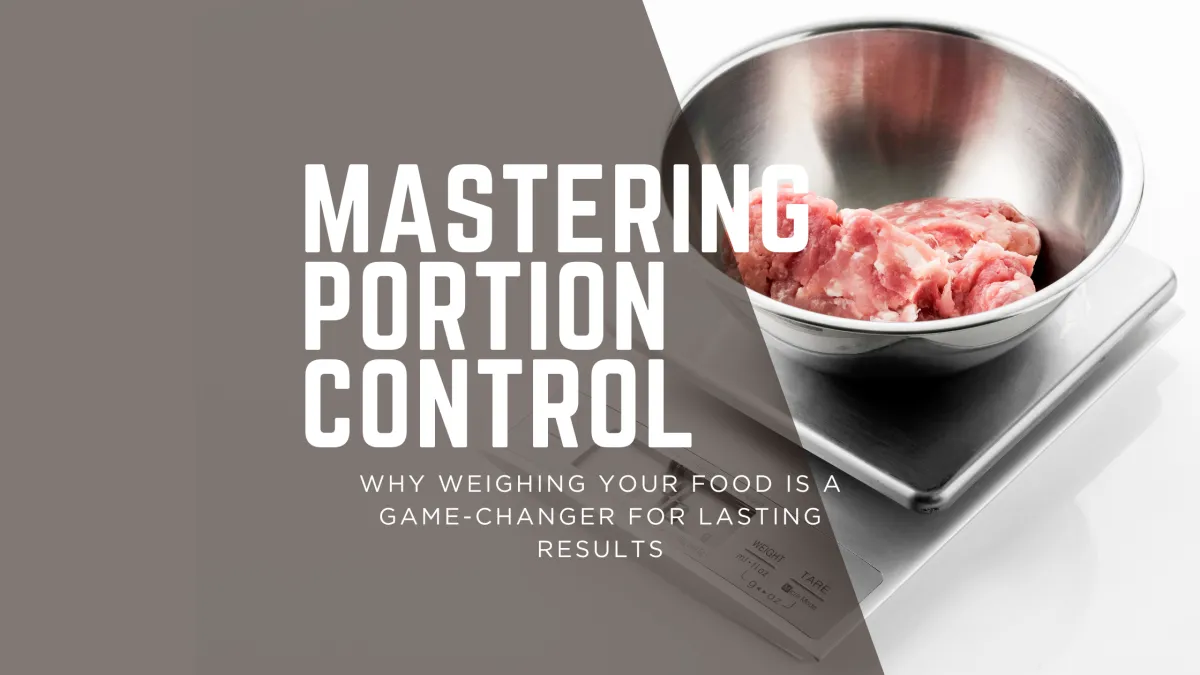
Precision in Portioning: Why Weighing Food Matters
🥗 Precision in Portioning: Why Weighing Food Matters
When it comes to managing your diet, especially for weight loss or body composition goals, weighing your food is the gold standard. Kitchen scales give you consistent, accurate measurements—100 g is always 100 g, no matter the density or fluffiness—whereas cups and spoons vary widely based on how you fill them.
Before or After Cooking? Why It Makes a Difference
Most nutritional databases list values for food in their raw, uncooked state, unless noted otherwise.
Weighing raw food aligns directly with nutrition labels and calorie-counting tools.
Weighing cooked food can work, too—just be consistent, and ensure you're using cooked-weight guides in apps or databases.
In short: pick one method and stick to it for reliable tracking.
🥄 Master Portion Control with Smart Strategies
Weighing food might be ideal in a controlled setting, but tracking every meal isn’t always practical. Here are supplemental tools and techniques that support mindful eating and portion awareness:
Use smaller plates and bowls
Research shows smaller dinnerware leads to smaller portions and fewer calories consumed.Hand-size portion cues
Protein = palm-sized
Veggies = fist-sized
Carbs = cupped hand or fist
Fats = thumb-sized
Handy, intuitive, and scaled to your body.
Measuring cups/spoons
Great for calorie-dense foods where precision matters. They reinforce discipline and awareness.Mindful eating & pacing
Slow down, savor, pause for 20 minutes before seconds—your body just needs time to register fullness.
✅ Practical Tips to Combine Precision & Flexibility
Weigh staple foods (rice, meat, oats) in grams to understand their impact.
Eyeball balanced meals when eating out or socializing, using plate-dividing and hand cues.
Track cooked or raw weights in your food diary, keeping notes consistent.
Weigh once, remember forever: measure a serving size one time so you can estimate it by eye later.
Journal your food intake. Logging promotes accountability and reveals patterns.
🔍 Focus Points of This Article
Weighing food: emphasized as the core method.
Portion control: explored through scales, visual guides, and everyday tools.
Measure your food before or after cooking: clarified with consistency and context.
🔑 Key Takeaway
Consistency beats perfection. Whether you weigh food or use visual cues, pick a method you can sustain. Scales offer precision; smart portion tricks offer convenience. Combine both, stay consistent, and you're set for success.


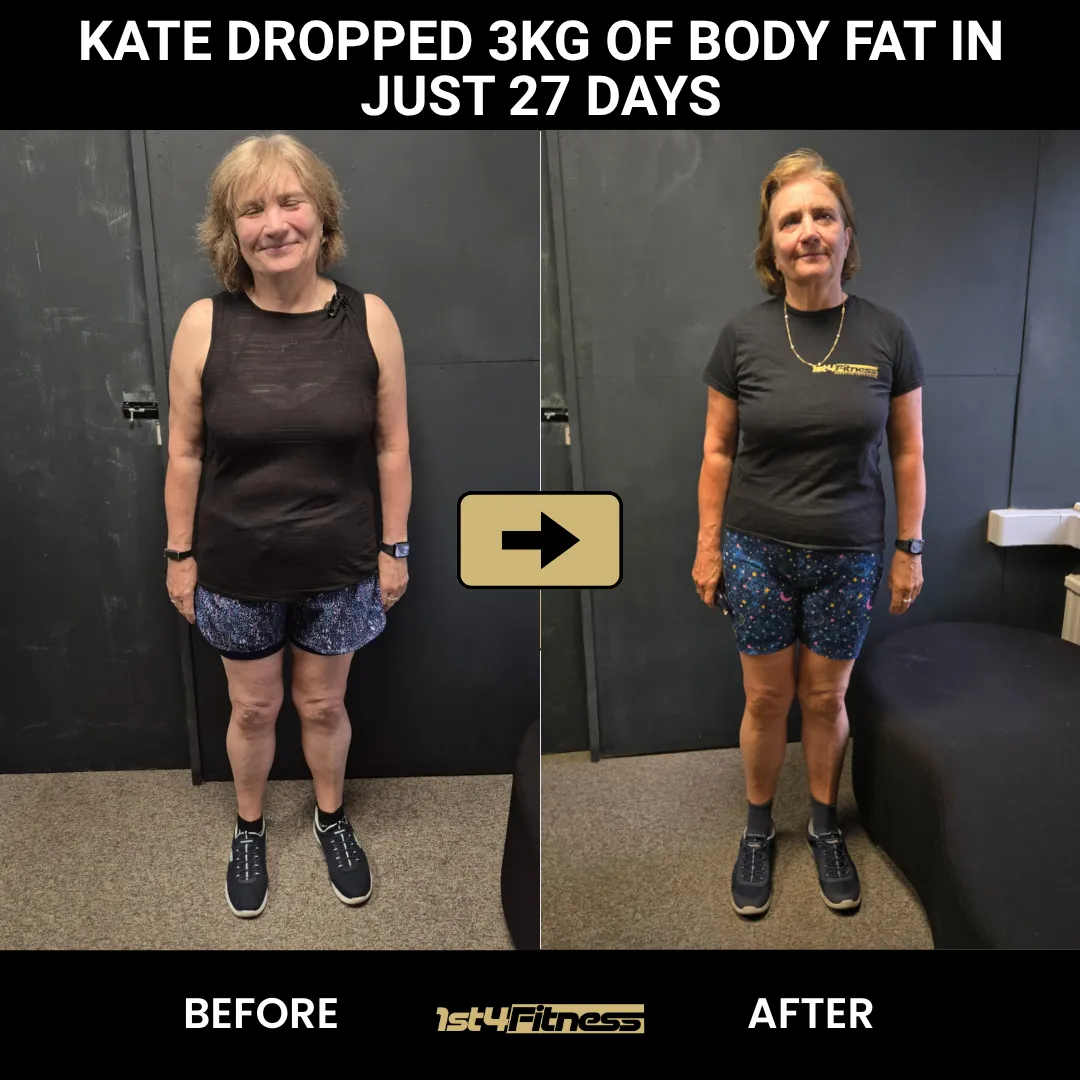
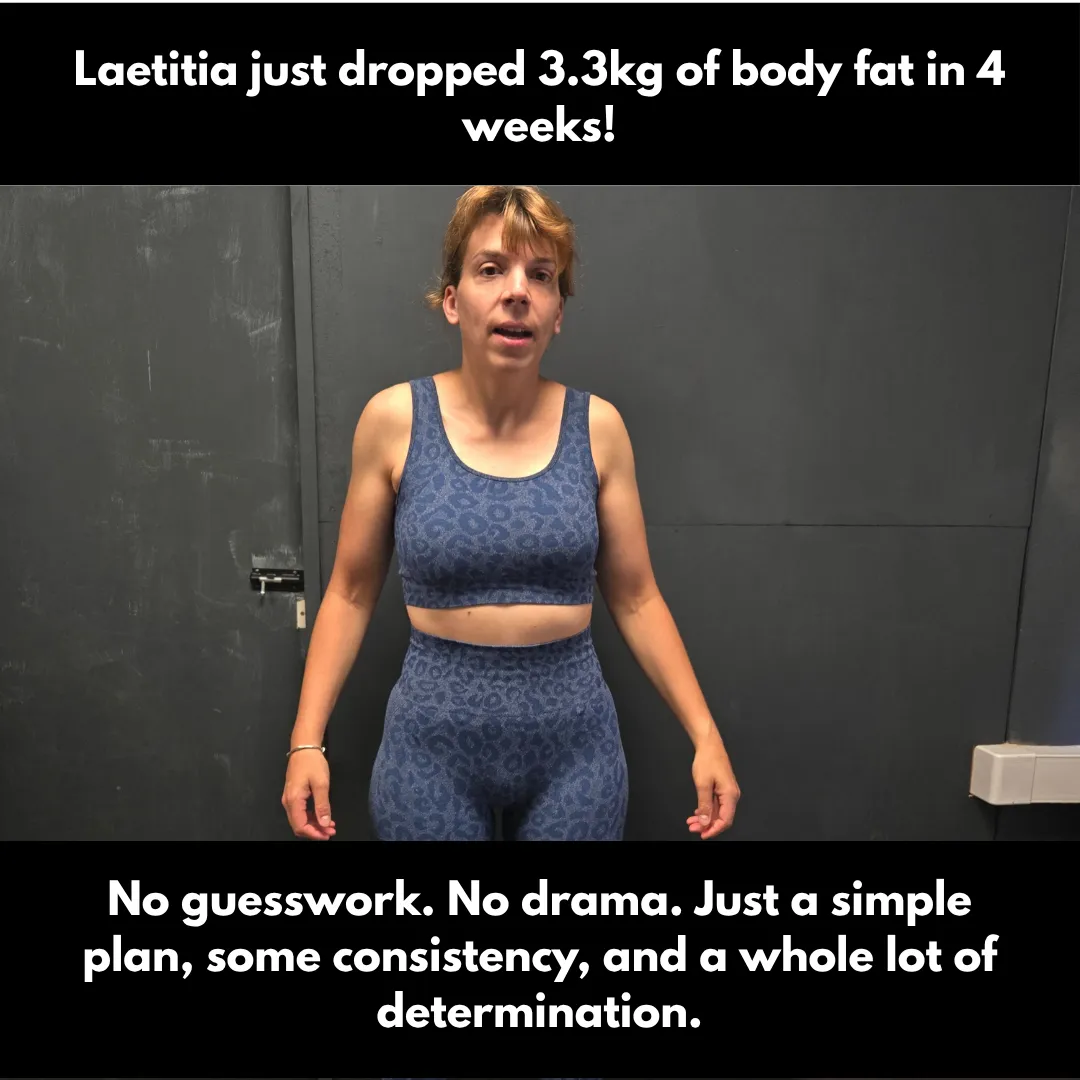
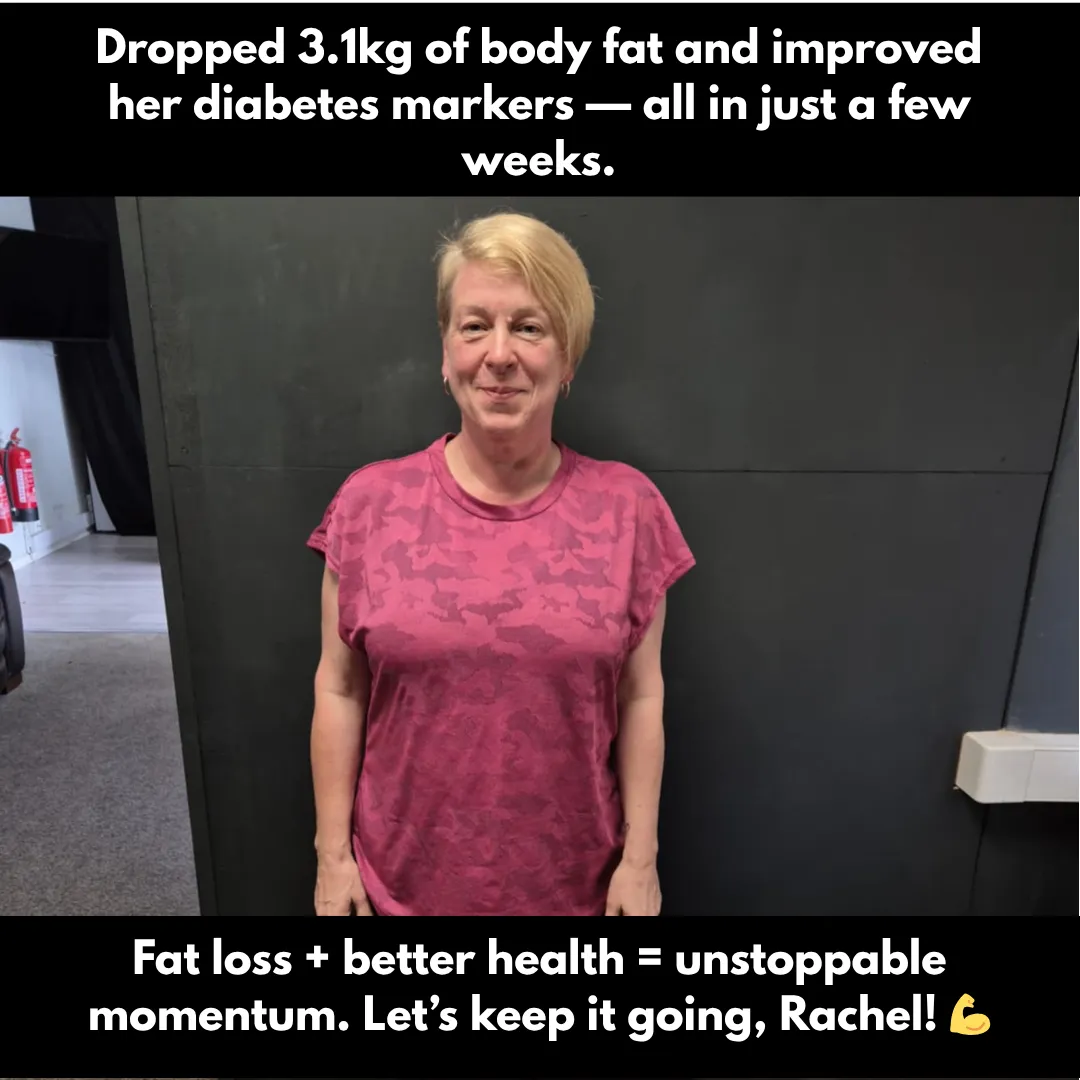
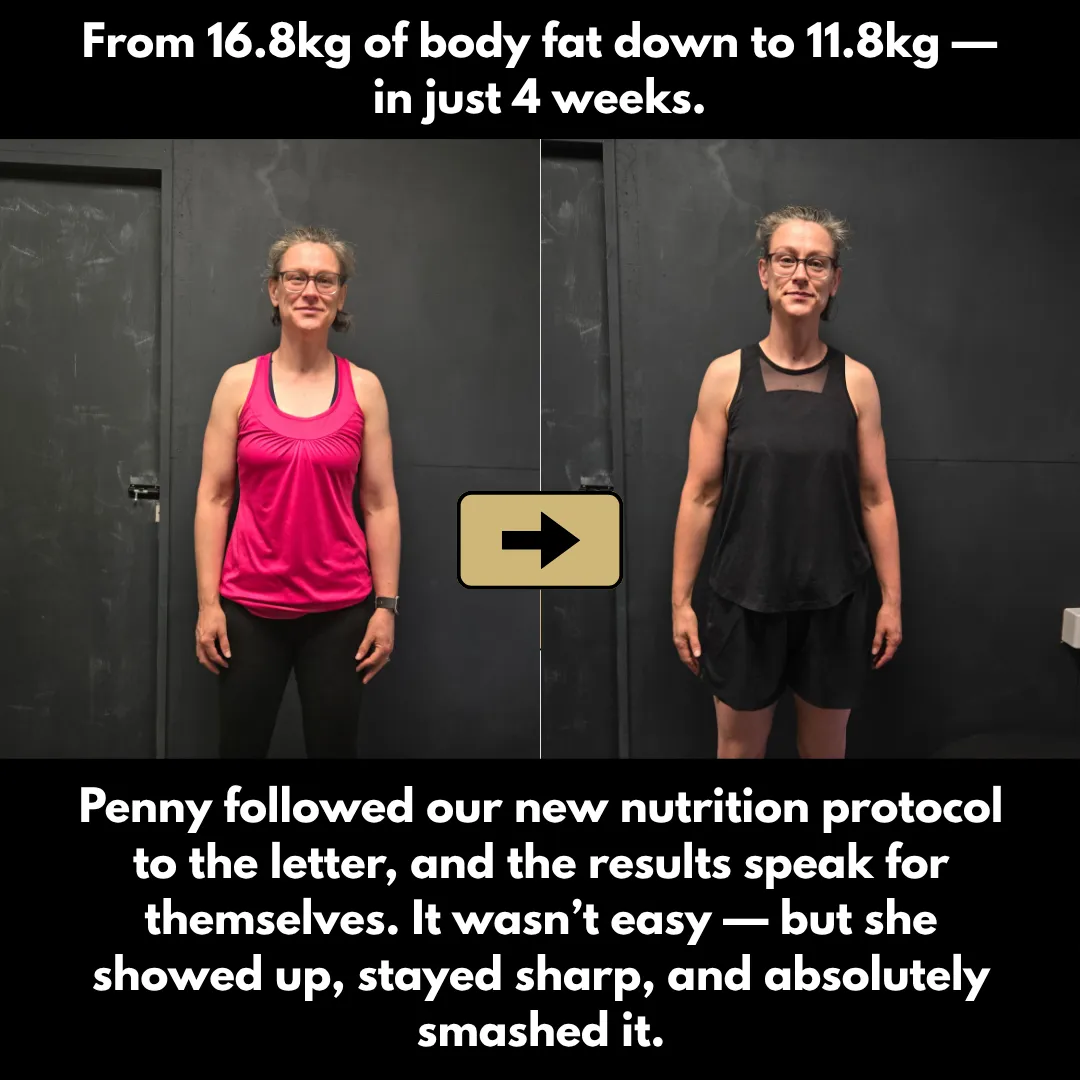
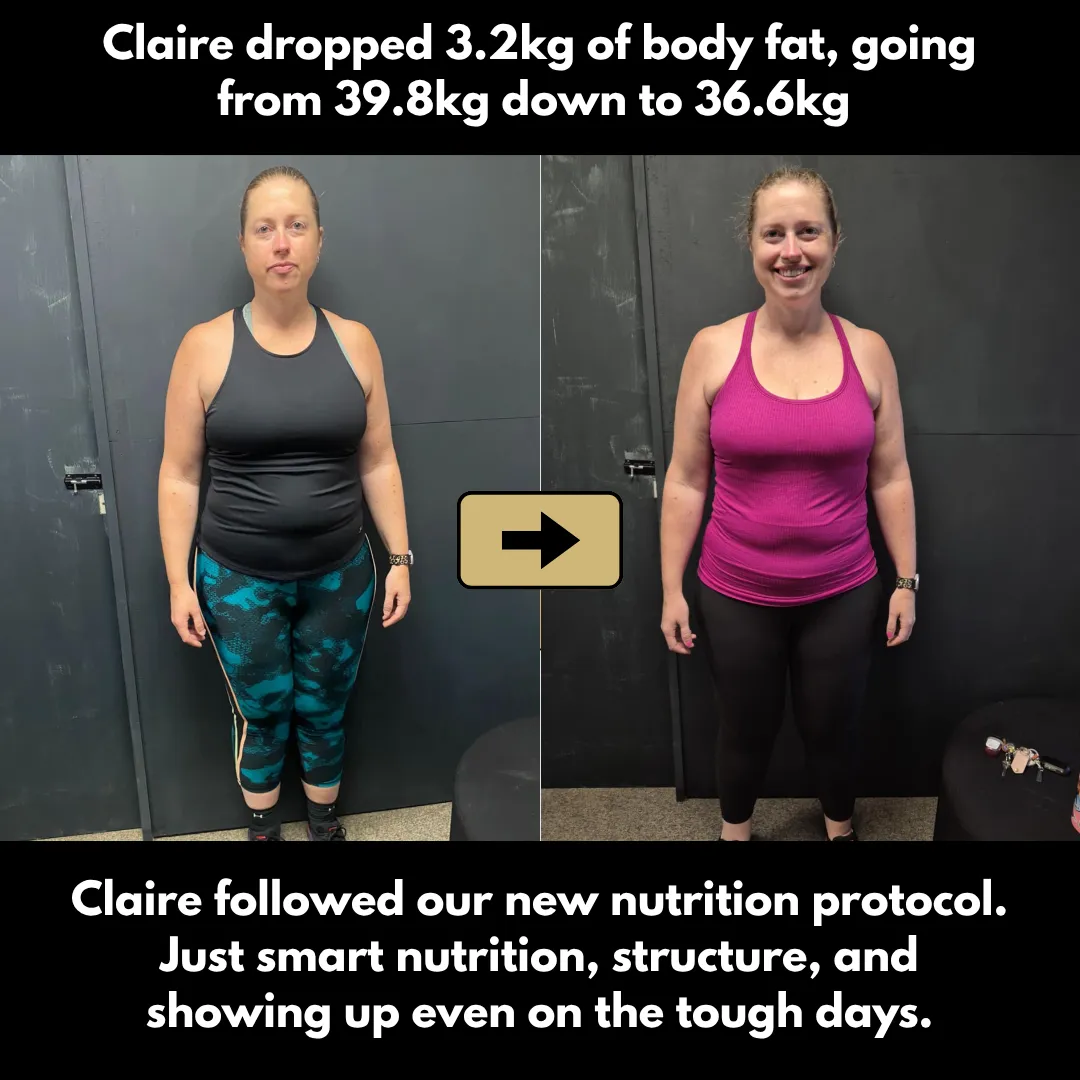
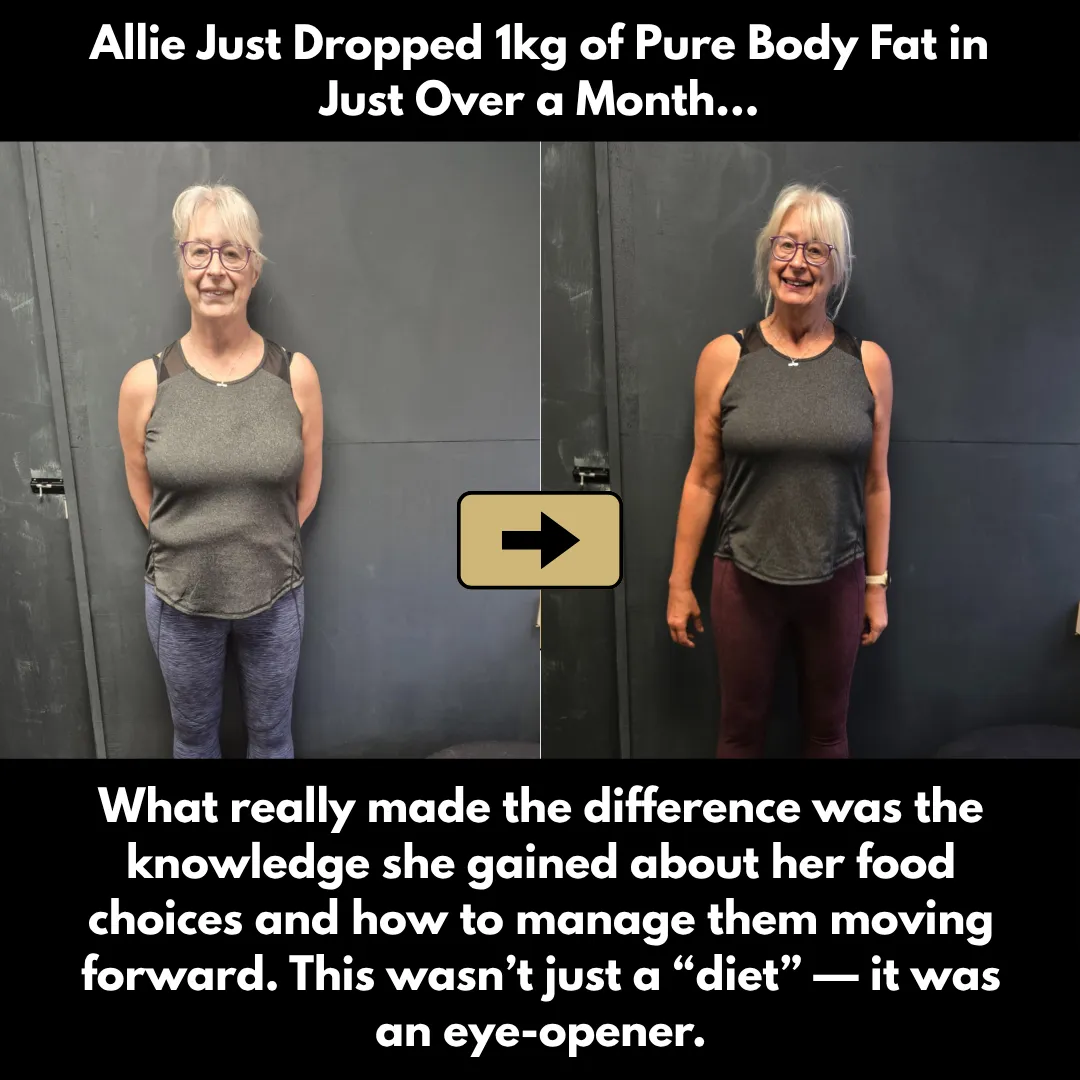


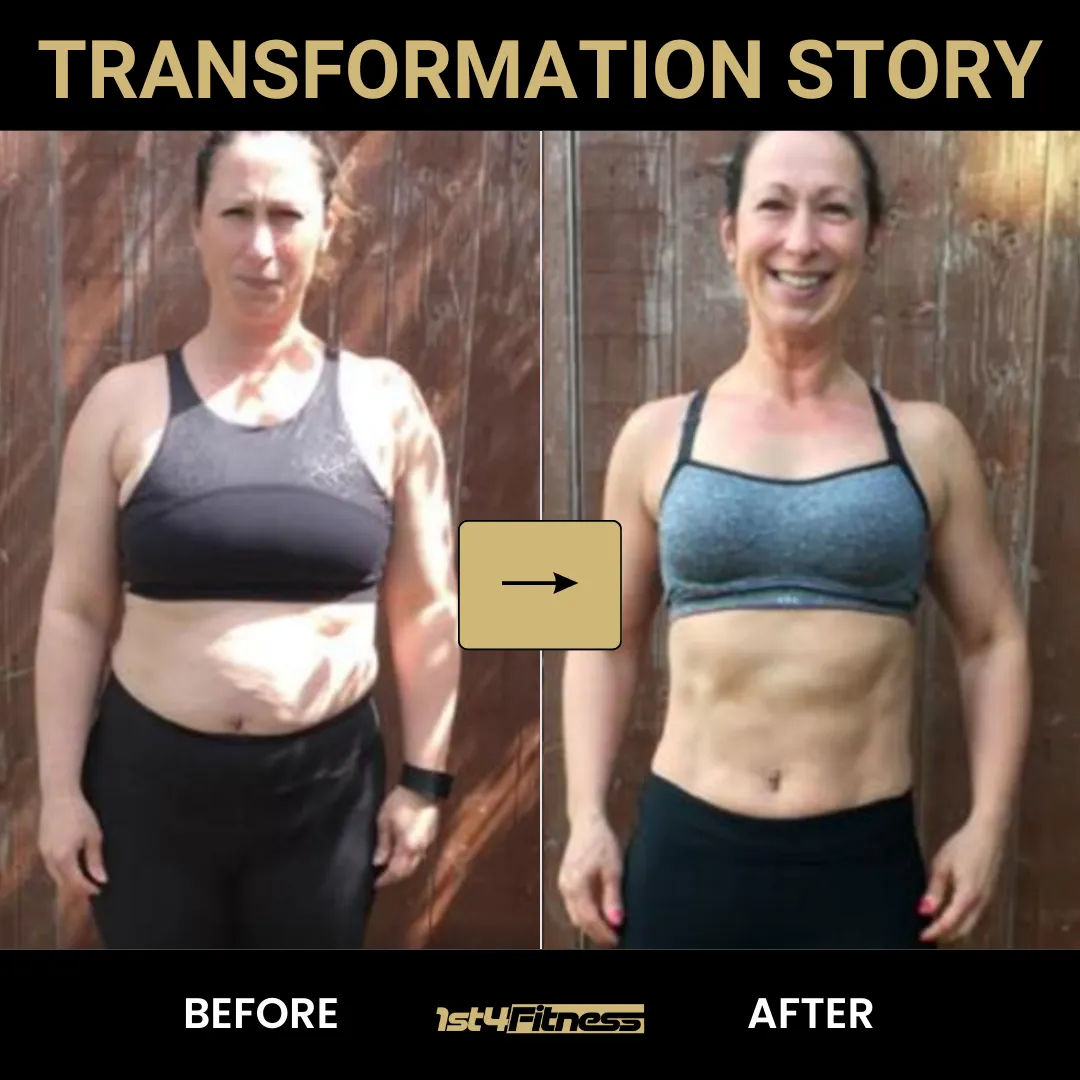
12 Month Transformation


Copyright 2026 | 1st4Fitness LTD | All Rights Reserved | Privacy Policy | Terms & Conditions


